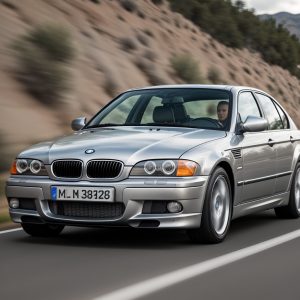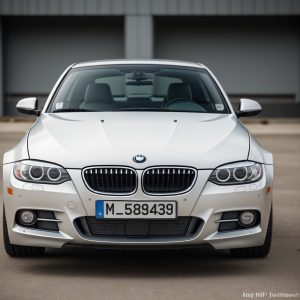Introduction:
BMW and MINI are two iconic brands in the automotive industry, each with its own distinct identity and following. However, there has been much speculation and confusion among consumers regarding the relationship between these two brands. In this article, we delve into the question: Does BMW own MINI?
The origins of mini:
The history of MINI traces back to the British Motor Corporation (BMC), which introduced the original Mini in 1959. Designed by Sir Alec Issigonis, the Mini became an instant classic, renowned for its compact size, innovative engineering, and agile handling. Over the years, the Mini evolved into various models, maintaining its reputation for fun driving experiences and quirky design.
In 1994, BMW acquired the Rover Group, which included the rights to the Mini brand. This acquisition marked the beginning of BMW’s involvement with MINI, although the German automaker did not immediately launch new MINI models.
The acquisition by bmw:
In 1999, BMW unveiled the new MINI Cooper, signaling its official entry into the compact car segment. The new MINI retained much of the original’s charm and character while incorporating modern technology and engineering. It quickly gained popularity worldwide, appealing to urban dwellers and enthusiasts alike.
BMW’s ownership of MINI brought significant investment and development to the brand. Production facilities were modernized, and new models were introduced to expand MINI’s lineup. Despite being under BMW’s umbrella, MINI retained its British heritage and identity, with production still primarily based in the UK.
Mini’s autonomy within bmw:
While BMW owns MINI, the brand operates as a separate entity within the BMW Group. This means that MINI has its own design, engineering, and marketing teams, allowing it to maintain its unique identity and brand image. MINI cars are positioned differently in the market compared to BMW vehicles, targeting a younger demographic with a focus on customization and personalization.
MINI’s autonomy within BMW is evident in its product lineup, which includes a range of compact cars, such as the MINI Cooper, Clubman, Countryman, and Convertible. Each model offers distinct styling options and features, catering to various customer preferences.
Collaboration and synergy:
Despite operating independently, BMW and MINI collaborate on various fronts to leverage their respective strengths and resources. Shared technology platforms and components are often utilized across both brands, resulting in cost efficiencies and synergies in development and production.
Furthermore, MINI benefits from BMW’s expertise in areas such as drivetrain technology, safety systems, and connectivity features. This collaboration ensures that MINI vehicles offer cutting-edge technology and performance while retaining their characteristic charm and appeal.
Conclusion:
In conclusion, yes, BMW owns MINI, but the relationship between the two goes beyond mere ownership. MINI operates as a distinct brand within the BMW Group, maintaining its British heritage and independent spirit. While BMW provides support and resources, MINI retains its autonomy in design, engineering, and marketing, allowing it to continue producing innovative and iconic cars that capture the hearts of drivers worldwide.
So, the next time you see a MINI zipping through the streets, remember that it’s not just a car; it’s a symbol of heritage, innovation, and the enduring partnership between BMW and MINI.




